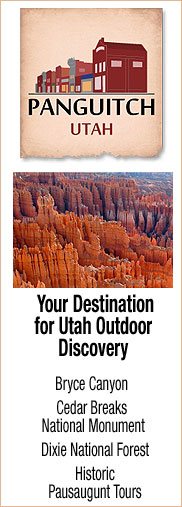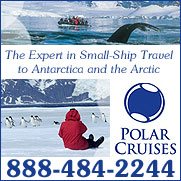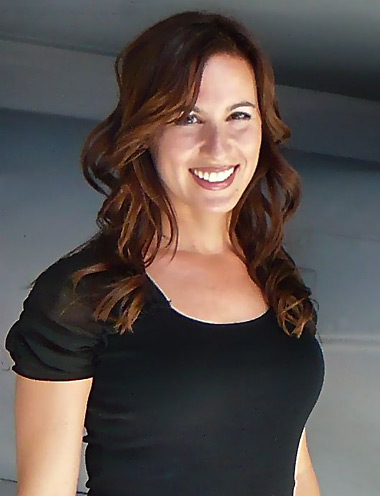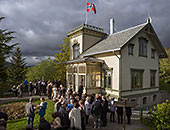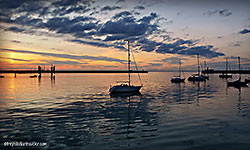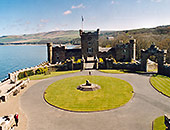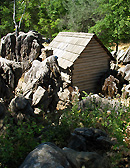 |
 |
|
 |

|
Turning Hatred
into Harmony
By Masada Siegel
Soon after my family narrowly escaped in 1938, Germany turned to be a land filled with spilled blood and darkness. It is a country for me of mixed emotions. A place where I have encountered people from many places worldwide that still have not learned how the history of continued hatred should be abolished from the planet. I was in Berlin working on a project with my father when we both met Abdul. He charmed me in our first conversation. After he introduced himself he said, "I am from Syria; it is a country in the Middle East next to Lebanon…." I smiled, and listened to him speak. Eventually, I giggled and said, "I know where Syria is, I have a Master Degree in International Media and Communications with a focus on the Middle East from Columbia University." All the while thinking, "I am quite familiar with Syria; regarding Israel, regarding their blatant lack of human rights and freedoms, their sponsoring of terrorism. A myriad of thoughts went through my head, but I never said a word. Abdul was impressed; "Wow so many people have no idea where Syria is, they have never heard of the country." Although I have traveled the world and studied International policy, Abdul was the first Syrian I ever had a conversation filled with meaning. The more we spoke, the more he enchanted me. Abdul is devastatingly handsome, intelligent, charming, thoughtful and the kind of person everyone would want to have in his or her family. Over the course of the next few days, we spoke about the Middle East, with Abdul sharing views that seemed moderate and logical to me. I listened mostly, and did not share my Jewish- Israeli heritage with him on purpose. The last day of the conference, he said to me, "You really must come to Syria and meet my family; you would love the people, food and culture." I thanked him and said, "I can’t, I have an Israeli stamp in my passport," "So get another passport," he responded smiling. "I’m half-Israeli and Jewish, I think I would be a little nervous." Suddenly the energy changed and the look on his face went cold and suddenly the conversation changed to the Palestinians and bombing Israel. Our conversation became heated and I finally said, "Look at me, do you like me? Because if you are killing Israelis, what are you saying? You want to kill me and my family? Is that what you want?" The dimension changed again, I now became the face of Israel to Abdul. He shook his head, saying of course he did not want anything bad to happen to me. Over the course of the conference, we became fast friends, but because of my background and profession we could never become Facebook friends or email one another, it would compromise his security and the safety of his family. Over the past three years, we have met up at this conference in Berlin. My father wanted to work on a project with him, but due to American sanctions on Syria, they could never work together. Economics builds bridges, and fosters understandings between peoples, but sanctions are a tool to press leaders into acting in accordance to the wishes of the international community. It made me wonder, who does it really hurt, and what does it accomplish if we always refuse to talk to one another? Suddenly the face of international relations had changed for Abdul and me. We were always happy to catch up at our yearly reunion discussing life, love and work. I always asked Abdul why he did not become a politician in Syria, as he was the face the world should see from his country. He has a good head on his shoulders and one who understood the world in a comprehensive forward thinking way. His response was always the desire to stay alive and not walk around in fear for himself and family. This year, I asked my dad if he thought we would see Abdul at the conference. He shook his head and said, he did not know. Watching the news worried me, and knowing contacting Abdul would only make matters worse, I waited and hoped to see him. Abdul did show up and my face lit up when I saw him. "We were so worried about you. I‘m so happy to see you." "Really, you were so concerned?" His face started to glow." Of course friends worry about friends." The daily stories out of Syria that we hear are not as severe in the area where Abdul lives, but he worries about the people who work for him. He explained he interacts with security guards from the government on a weekly basis and is always fearful. He never knows what they want and what they will do. "The regime will fall, it’s just a matter of time, but it needs to happen already." He explained. "We all just want to get on with our lives." During the conference, a group of people from Morocco came to chat with my dad. My French was not as technical as it needed to be, so I found Abdul and asked me if he would help. "Of course," he replied, and walked over and started to translate from Arabic into English. I started to marvel at the situation, and thought if only world leaders could watch the interchange, a Syrian helping Jewish Americans with German roots chat with Moroccans. The conversation left all of us in laughter. Abdul even turned to me and started talking in Arabic, forgetting I’m not Syrian, not speaking the language. My dad was having such fun with the Moroccans, he was invited to visit Morocco and stay in one of their mansions. Needless to say, the conversation was filled with smiles. My father later said to me, "If governments could see how well people can work together, maybe they would stop all the nonsense we see on a daily basis." Our conference wrapped up the next day, and my dad went over to say goodbye to Abdul. A few hours later, I also went to say goodbye to my friend, and his eyes grew moist. (I was surprised.) He hugged me goodbye and said, "Please thank your father again for what he said to me, I really appreciate it, you have no idea how much it meant to me." I said goodbye and asked him to please stay safe. Later, I asked my father what exactly his conversation was with Abdul that caused him to be so emotional. My dad responded, "I told him if he needed assistance for himself or his family, to get out of Syria in any way, to let me know - and I would help him in any capacity he needed to keep out of harms way." I shook my head at the irony of the world. Here was a Jewish man whose family fled Nazi Germany married to an Israeli woman, with family who has been shelled by Syrian forces in Northern Israel offering to help a Syrian Muslim man, in any way if needed, to keep himself and his family safe. My father did not see nationality or religion, he saw Abdul, he saw humanity, and he recognized a friend in need. After breaking down countries, cultures, religion and barriers, there was only friendship, and there was more that united us then divided us. Neither my father nor myself are politicians, just people with perspective. The story and situation gave me hope. Maybe the world can change one relationship at a time. Masada Siegel can be reached at Fungirlcorrespondent@gmail.com |
|
|
|
| ||||
|
| ||||
This site is designed and maintained by WYNK Marketing. Send all technical issues to: support@wynkmarketing.com

|


